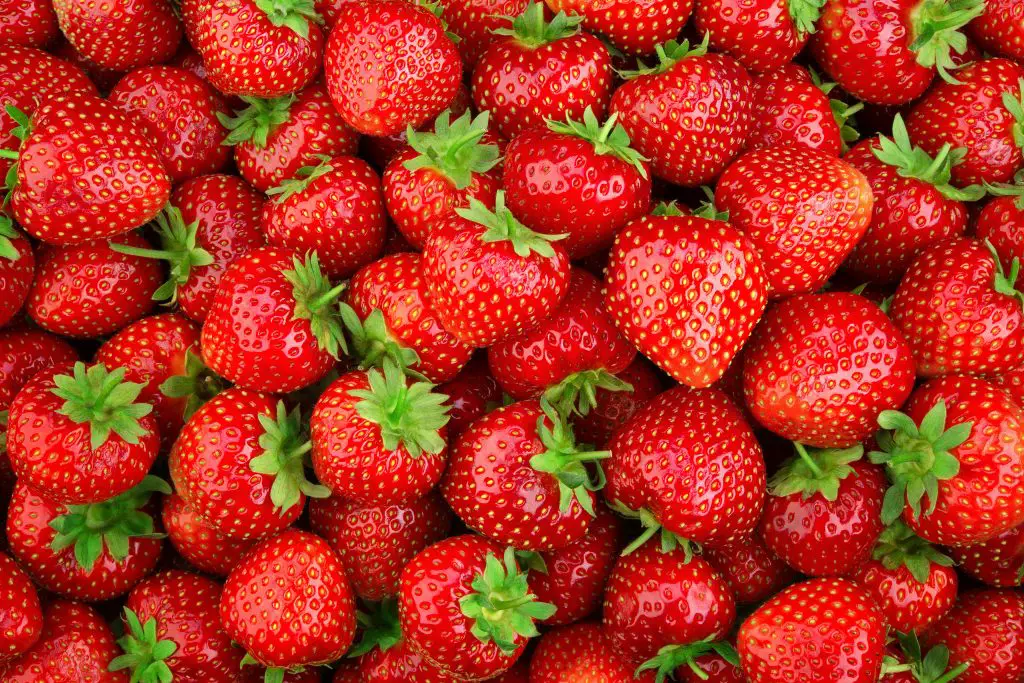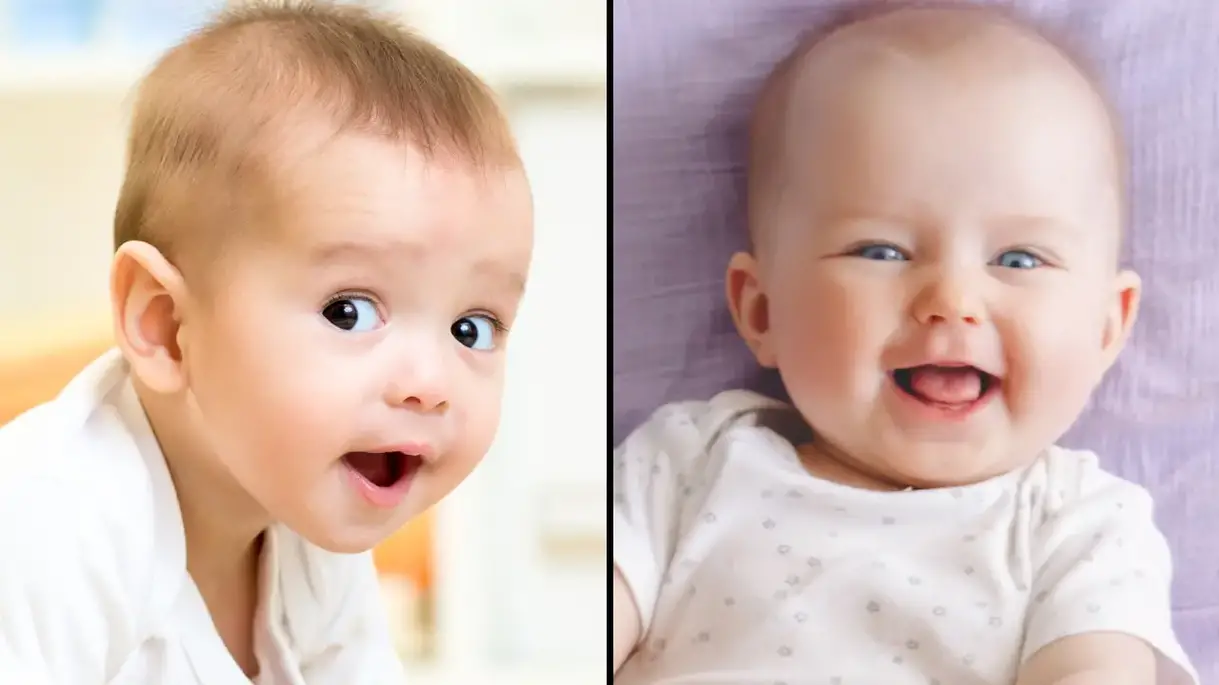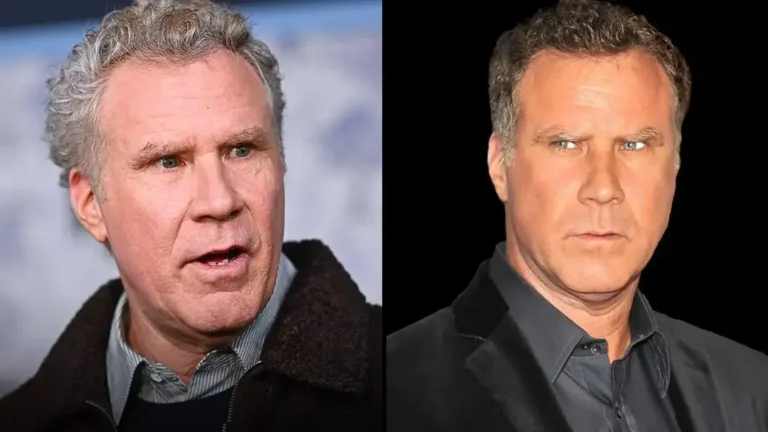Choosing a baby name is one of the most cherished tasks for expectant parents.
From poring over baby name books to being inspired by pop culture, there’s no shortage of possibilities.
But while most countries give parents a lot of freedom in naming their children, others take a stricter approach.
In fact, several names have been banned outright around the world, sometimes for reasons you might not expect.

Experts from the language learning platform Preply highlight that names deemed offensive, culturally inappropriate, or simply too outlandish have made their way onto forbidden lists around the world.
One of the most baffling examples is Brfxxccxxmnpcccclllmmnprxvclmnckssqlbb11116, a name proposed by Swedish parents as a protest against Sweden’s strict naming regulations. Although the parents claimed it was pronounced ‘Albin,’ the name was quickly rejected by authorities in 1996 and remains banned.
Sweden has also turned down other unconventional names. For example, the name Metallica was refused due to trademark concerns, despite the parents’ admiration for the famous heavy metal band, according to Parents.com.
Interestingly, however, names like Gojira, Mayhem, and Opeth have been approved without issue.

France, known for its linguistic pride, banned the name Fraise, meaning ‘strawberry,’ due to the crude connotation of the phrase ‘ramène ta fraise,’ which roughly translates to ‘get your butt over here.’
The country also nixed Nutella over concerns that it might subject a child to ridicule.
Surprisingly, even Linda, a common name in the West, is banned in Saudi Arabia. Authorities there deemed it ‘non-Islamic’ and culturally inappropriate in 2014.
In Malaysia, naming a child after a fruit is not allowed.
This includes celebrity-inspired names like Apple, which Coldplay frontman Chris Martin and Gwyneth Paltrow famously gave their daughter.
Malaysian officials fear such names could bring embarrassment or undermine the dignity of a person’s identity.
Across the globe in New Zealand, creativity has its limits, too.
Officials there intervened when parents tried to name their twins Fish and Chips.
Other rejected names include S** Fruit, Yeah Detroit, and the infamous Talula Does the Hula From Hawaii.
A judge ultimately placed the latter’s nine-year-old under court guardianship so her name could be legally changed, noting the child was deeply embarrassed and refused to reveal it to her peers.

In the UK, names like Cyanide and Rogue have been prohibited, with courts arguing that associating a child with a deadly poison or a name linked to lawlessness could be emotionally harmful or unsuitable.
In Australia, names like LOL and Spinach have been blocked, with officials raising concerns about the potential for bullying and the seriousness of official documents.
Even in the relatively lenient U.S., there are certain restrictions. Names that include numerals, symbols, or punctuation, such as @ or III, are typically disallowed. While most states have flexible naming laws, names like Santa Claus, Messiah, and Jesus Christ have faced legal challenges or bans in certain states.
Perhaps the most extreme case comes from Russia, where the name BOChrVF260602 was rejected. Intended to represent “biological human object of the Voronin-Frolov family born on June 26, 2002,” it was not approved by authorities.








